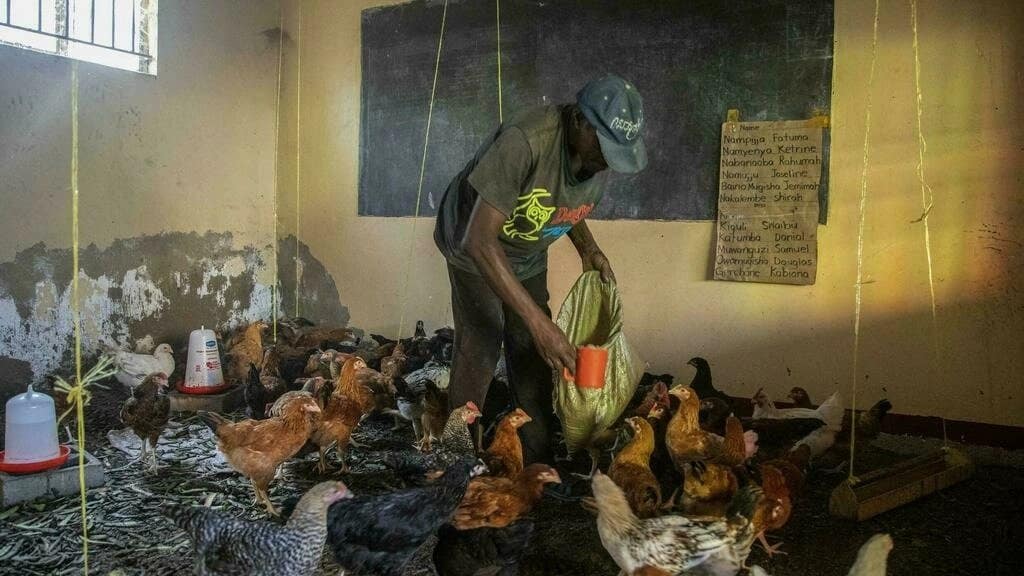School closures due to the Covid-19 pandemic have caused “nearly insurmountable” losses in education among children around the world, UNICEF said on Monday.
More than 616 million students are still being affected by full or partial school closures, the UN children’s agency said.
In many countries, in addition to depriving millions of children of the chance to acquire basic skills, these disruptions have affected students’ mental health, put them at greater risk of abuse and prevented many from having access to “a regular source of nutrition,” UNICEF added.
“Quite simply, we are looking at a nearly insurmountable scale of loss to children’s schooling,” said UNICEF Chief of Education Robert Jenkins in a statement, almost two years into the pandemic.
And “just re-opening schools is not enough,” he added, calling for “intensive support to recover lost education.”
UNICEF reported that “learning losses to school closures have left up to 70 percent of 10-year-olds unable to read or understand a simple text, up from 53 percent pre-pandemic” in countries with low and middle income.
In Ethiopia, for example, children learned only “between 30 to 40 percent of the math they would have learned if it had been a normal school year” in primary school, the UN agency estimated.
Rich countries are far from being spared. In the United States, learning losses have been observed in several states, including Texas, California and Maryland, said UNICEF.
School dropouts are also a problem: in South Africa, between 400,000 and 500,000 students “reportedly dropped out of school altogether between March 2020 and July 2021.”
Finally, in addition to rising levels of anxiety and depression among children and young people linked to the pandemic, school closures also meant more than 370 million children around the world did not get school meals, “losing what is for some children the only reliable source of food and daily nutrition.”








